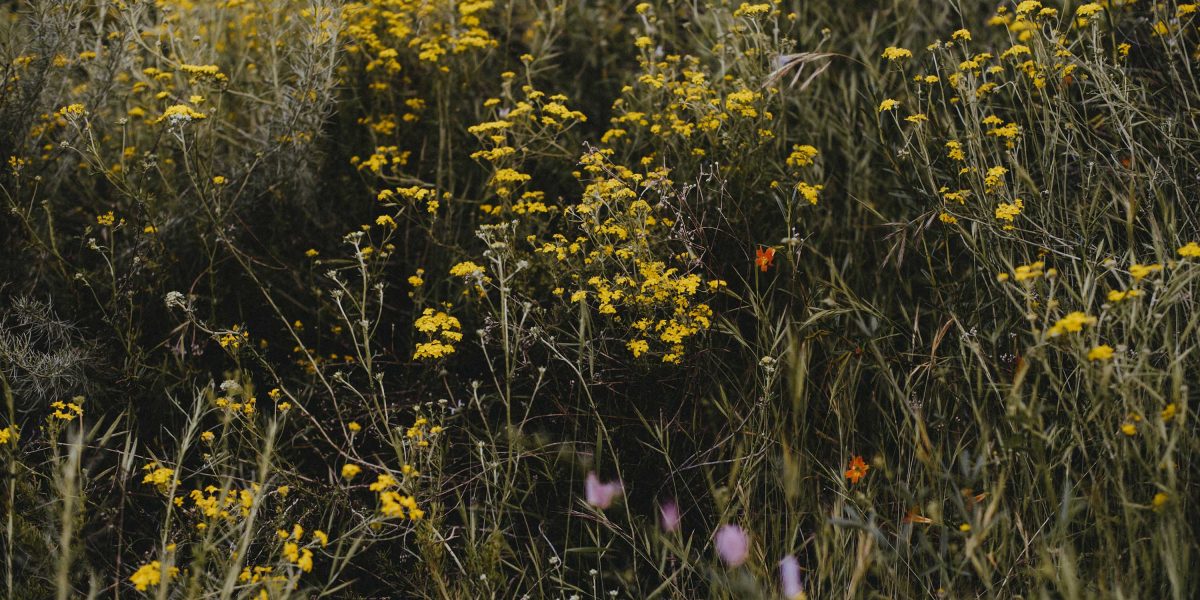Twin Cities based non-profit, Dream of Wild Health, is expanding its farm operation to help meet community needs. But first… the state of Minnesota’s Missing and Murdered Indigenous Women Task Force is continuing its work to create recommendations for the state in its response to the MMIW crisis.
State Representative Mary Kunesh-Podein announced the May 18th end date and encourages the stories be submitted to help guide the work of the task force.
SHOW NOTES
Marie: This is Minnesota Native News, I’m Marie Rock.
Headlines: Twin cities based non-profit, Dream of Wild health, is expanding its farm operation to help meet community needs.
but first…
STORY #1 – MMIW
Marie: The state of Minnesota’s Missing and Murdered Indigenous Women Task Force is continuing its work to create recommendations for the state in its response to the MMIW crisis.
Due to the pandemic, no in-person meetings are scheduled for community input, but people can share their stories on-line, over email or on the phone.
Mary Kunesh-Podein: (00:42) If you or someone you know would like to share their personal story of a missing or murdered loved one, we have extended the listening period to May 18th, 2020
Marie: State Representative Mary Kunesh-Podein announced the May 18th end date and encourages the stories be submitted to help guide the work of the task force. Mary Kunesh-Podein stresses that stories will kept private upon request.
Mary Kunesh-Podein: (01:26) please know that your information will be held sacred and private.
Marie: The phone number to submit a testimonial is (651) 280-2661.
Email submission is also available at MMIWtaskforce@wilder.org. MMIC TASKFORCE AT WILDER DOT O-R-G
And, comments can be submitted on the office of justice programs page on the department of safety website D-P-S DOT M-N DOT G-O-V
Transition Music
Marie: Next, Dream of Wild Health is adding 20 acres to its existing 10.
Here’s reporter Leah Lemm with the story…
STORY #2 – Dream of Wild Health Expands FARM ACREAGE
Reporter: Dream of Wild Health has been providing food to the community through the Indigenous Food Share, Farmers Markets, and Youth Programs, community gatherings and more. Neely Snyder is the Executive Director for Dream of Wild Health.
Neely Snyder: (00:15) we just seen over and over again the, um, the clear need for us to grow, um, to add additional acreage.
Reporter: The additional acreage didn’t look like a reality until the beginning of this year. And the pandemic has added additional hurdles, but food creation is essential.
Neely Snyder: (00:34) at that time, um, COVID wasn’t really a thing, but we still had this longterm vision of, you know, eventually growing out that acreage and, um, providing more for our community – just being that provider, but then COVID hit. And, now it’s just more apparent that we have to be ready to provide more food.
Reporter: Dream of Wild Health is also providing education and is teaching the food producers of tomorrow, and Neely hopes to grow in that capacity as well, where they can.
Neely Snyder: (04:53) I think it’s really going to be a teaching tool for our youth and our community, I’m not sure if we’ll be able to expand our youth programs because it’s such a closely knit small group of youth that we get to work with. However, when we can bring families out there or have, um, some workshops and things like that, that would be a great opportunity.
Reporter: The land that Dream of Wild Health is obtaining is just a short tractor ride away from the original 10 acre farm. The new land was previously farmed for corn, and it’ll now be converted into a more bio-diverse community of plants, trees, birds and insects. Jessika Greendeer is Dream of Wild Health’s Seed Keeper & Farm Manager.
Jessika Greendeer: (01:28) we’ve been doing some invasive tree removal at this point, But essentially we’re looking at adding different fruit and nut trees in the alleyways. Um, and then not only is it providing a windbreak for our crops that we’re growing, but it’s also providing habitat for insects and birds.
Jessika Greendeer: (03:19) we’re looking at, um, adding a lot of cover cropping and soil amendments to the property. Um, a lot of the trees that are coming down are actually gonna get wood chipped. Um, and then we’ll actually reincorporate it back into the soil so that way we’ve got, um, what they call micro remediation. So essentially adding some more organic matter into the soil to start building it back up again.
Reporter: The process will take years, but it’s already tillable land, it’ll be a bit easier than starting from untouched land.
Jessika Greendeer: (04:03) I’m grateful that we’re able to start healing the earth in this particular spot and hopefully it’ll help our, our neighbors want to expand that, um, expand that vision for the rest of the community.
Reporter: For Minnesota Native News, I’m Leah Lemm.
WHAT IS MINNESOTA NATIVE NEWS?
Minnesota Native News is a weekly radio segment covering ideas and events relevant to Minnesota’s Native American communities. Made possible by the Minnesota Art’s and Cultural Heritage fund


 Biidaapi with Bryce Premo
Biidaapi with Bryce Premo